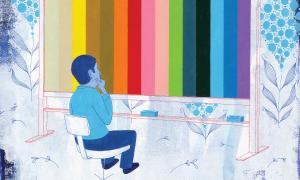article
Whole-of-Community Resilience

Helping young people build resilience against manipulative extremist narratives and conspiracy theories requires all adults in a young person’s trusted network to be equipped with the skills and knowledge to intervene.


